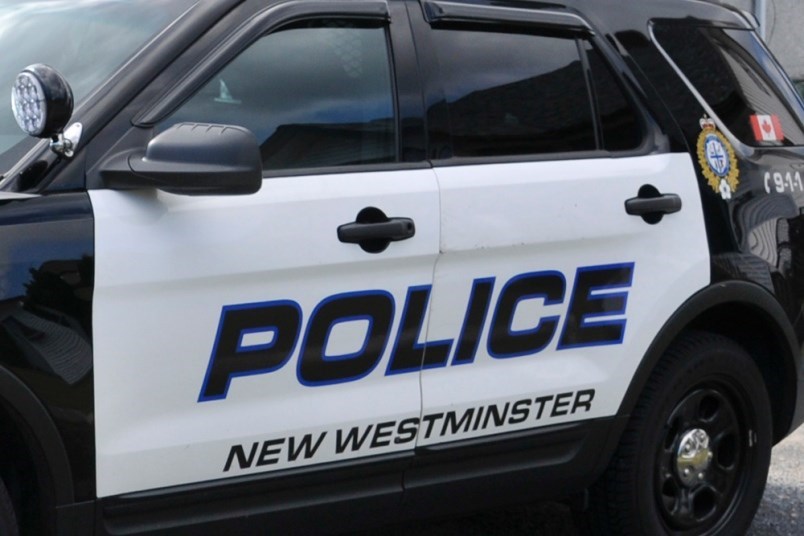If you’ve called the New Westminster Police Department’s non-emergency line and hung up because of long wait times, you’re not alone.
Mayor Jonathan Cote, who chairs the New West police board, said the non-emergency line is failing to provide residents and businesses with the service they deserve. Like 911, it’s currently operated by Emergency Communications for British Columbia (E-Comm) in New West.
At its Jan. 18 meeting, the police board received a verbal update from Chief Const. Dave Jansen about the non-emergency response lines.
“Last year, we had 27,000 non-emergency calls, of which 12,000 were abandoned, or 44%,” Jansen said. “I won’t even begin to tell you the wait-time averages – they have gone from not great to horrible.”
In the fourth quarter of 2021, Jansen said “abandoned calls” increased from 44% to 58%. He said 2021 crime statistics show a rise in violent crime, homicides, assaults and robberies, but an overall decrease in property crimes, with some exceptions.
“I would suggest that when we lose 12,000 calls to our organization in one year, a lot of those non-emergency calls are property crime-based calls and not the more violent ones where you would call 911,” Jansen said.
Because of the number of abandoned non-emergency calls, Jansen doesn’t think the NWPD is getting an accurate reflection of what is going on in the community.
Other options?
Karima Jivraj, president of the Downtown New Westminster Business Improvement Area’s board, attended the police board meeting to express businesses’ concern about safety in the downtown neighbourhood. She also raised concerns about the significant wait times being experienced to report non-emergency issues.
“Calling non-emergency lately has become a time-consuming endeavour that businesses just can’t afford anymore,” she said. “We have heard of wait times on average of one hour, sometimes as long as two, and sometimes even longer. The online reporting system has several constraints that don’t make it feasible to report most non-emergency issues.”
Jivraj said some municipalities are finding alternatives to E-Comm for handling non-emergency calls.
Jansen said Insp. Andrew Perry is going to lead work on this issue for the department. He will provide information about options and costing of different approaches that could be considered.
“We will come up with some solutions. They are not going to be cheap. I don’t know that they are even going to be quick,” Jansen said. “But we recognize that we need to do something, and I can guarantee to the board that we will have something to you as soon as possible.”
Jansen said changes could potentially include partnering with other agencies that may be able to answer the NWPD’s non-emergency line.
E-Comm officials made a lengthy presentation at the board’s November meeting to discuss some of the challenges it’s facing.
“The reality is E-Comm is under a tremendous amount of stress, and the programs that they have offered and the services in the city are not functioning the way they should,” Cote said. “In particular, the non-emergency line is failing, and we recognize that.”
Cote said he understands that E-Comm’s priority is the emergency lines, but he’s concerned the NWPD’s non-emergency line is not meeting the needs of residents and businesses.
“I am hoping we can explore partnerships with other municipalities. I think one of the reasons we are involved with E-Comm is because it is a lot more efficient for the cities to be working together collaboratively. It’s a lot more cost-effective,” he said. “Ultimately, the current model is not working and it’s facing its faults. Having said that, I still think there are greater efficiencies if we can partner with some of the other municipalities that may be doing their own thing.”
Donald Grant, president of CUPE Local 8911, wrote to Cote voicing the union’s concerns about E-Comm.
Grant said a report that was recently commissioned by E-Comm found the organization is “substantially understaffed and relies heavily on staff accepting overtime shifts” and working through their daily breaks to maintain its base level of operation.
“E-Comm needs immediate increased revenue to address critical, ongoing deficiencies before these deficiencies result in a public health and safety failure with catastrophic impacts,” he wrote.
Follow Theresa McManus on Twitter @TheresaMcManus
Email [email protected]


